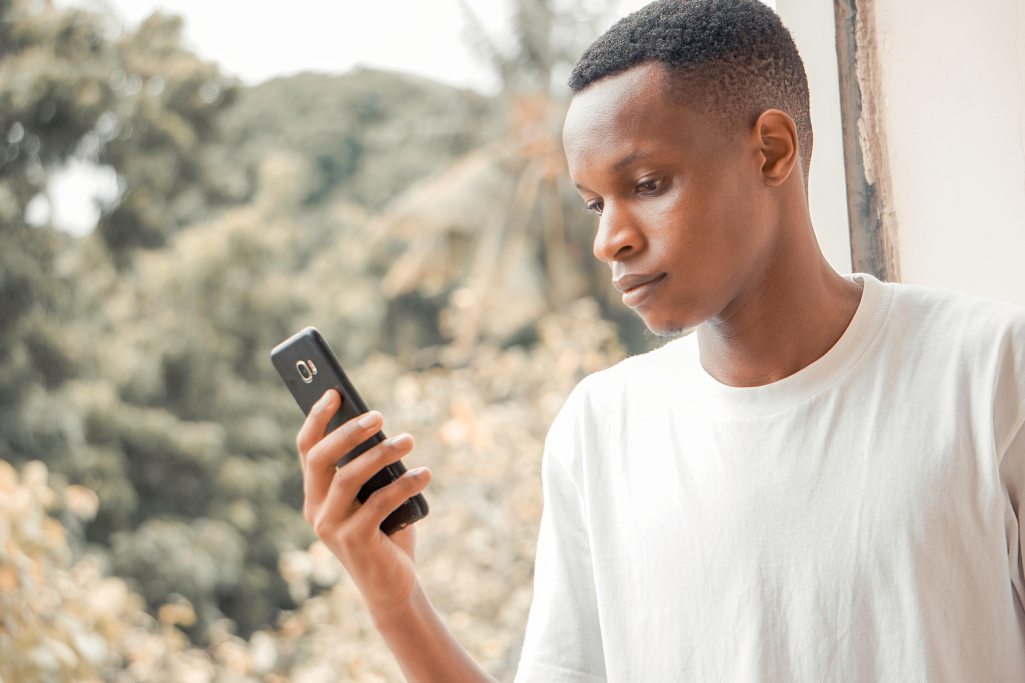Global Youth Culture: Digital Connectedness and Impact
Let’s dive into what our recent Global Youth Culture research discovered about today’s teens’ Digital Connectedness and Impact.
Key Findings:
- Teens are spending an average of 7 hours and 23 minutes online daily.
- Teens who are heavy internet users (10+ hours daily) are struggling more with their mental health.
- The majority of teens say social media contributes to their life satisfaction.
This is the most digitally connected generation the world has ever seen. What does this mean for them?
Digital natives have unfettered access to information. No longer are elders the gatekeepers and purveyors of knowledge. It’s the other way around – now you need your teenager to set up grandma’s smartphone and show her how to use it.
This access and ability give today’s tech-savvy teens incredible potential. With their potential comes an equal measure of responsibility, which they are not yet ready to carry. So, while they are great at investigation and can find information, they still need us to translate it for them.
Sure, they can Google the terms, but they need wise, experienced, and trusted adults to help them discover truth, their God-given identity, and a path that gives them purpose, hope, and a future. Only then will this generation unlike any other be able to step into their divine destiny to be a generation like no other to the world.
What Are We Doing About This?
I asked our OneHope team around the world to share how these findings are impacting their ministry strategy. I invite you to also ask yourself: “What do these findings mean for my family/ministry/business/etc.?”
- In Asia, our teams are calling on pastors, leaders, and parents to begin addressing the impact that screen time has on anxiety, depression, and suicide. This research indicates that the more time young people spend online, the more anxious, depressed, and suicidal they become.
- In Latin America, we’re working to meet the next generation where they are – in the digital space. This can be a challenge in our region because many pastors are hesitant to embrace new technology and rely mostly on printed programs. However, as they interact more with digital programs such as Bible App for Kids, their mindsets are changing, and they are becoming more open to digital discipleship tools.
- In Eurasia, we have many countries where it is almost impossible to reach children and youth in person. Digital programs are allowing us to meet them where they are – online. We have challenged ourselves to create digital programs to address their questions and personal struggles. These programs are also designed to help connect these young people to online missionaries and Christian communities.
- In Africa, a OneHope leader in Kenya recently shared these findings during a parenting webinar, Hidden Pain: A Voice for Children and Teens. We have also been having discussions with church partners about enabling them to intentionally create a presence on the digital platforms frequented by the youth they desire to minister to. This has led to some of our partners developing digital youth ministry strategies using Instagram and TikTok.
To learn more about Global Youth Culture and explore the full research reports, visit www.globalyouthculture.net





1 Comment
Hello.
I have lived and worked outside of Eldoret, Kenya for 14 years, rescuing and raising children and teens and integrating them back into their biological families. I would love the contact of your Kenya employee so that we could strategize some training for our staff and/or youth. Experientially I see everything your studies have indicated – youth are at risk like never before.
Thanks for your great work all around the world!
Rachel Gallagher
Executive Director
Open Arms International
http://www.openarmsintl.org